Women in finance – Cometh the hour, cometh the woman
19 August 2020
Women in the financial sector have an important role in driving change and making financial services more inclusive for South Africans.
7 min read | 46 min video | 48 min podcast
Women educators have a pivotal role in this process, firstly in inspiring our youth and in helping drive the kinds of policies and processes needed to take us forward. They also play a role in helping to uplift the talented young girls and women in our society.
In our third edition of the Women Behind the Mask webcast series, we discuss education in South Africa, the barrier and hurdles that exist, and what the thoughts are around the future of learning.
Our panel includes:
The discussion is chaired by Marc Kahn – Global Head of People and Organisation at Investec.
Even before Covid-19, South Africa had to deal with a crisis in education, which the pandemic has only made worse by setting back learning for so many.
The ongoing crisis has meant that many learners are ill-equipped for the demands of a rapidly changing and more competitive world. All three of our external panelists are closely involved in educational endeavours that are tackling this crisis, often with excellent results.
Listen to the full discussion with Dr Mamphela Ramphele, SPARK Schools' Stacey Brewer, Stadio's Samara Totaram and Investec's Marinella Buscaglia.
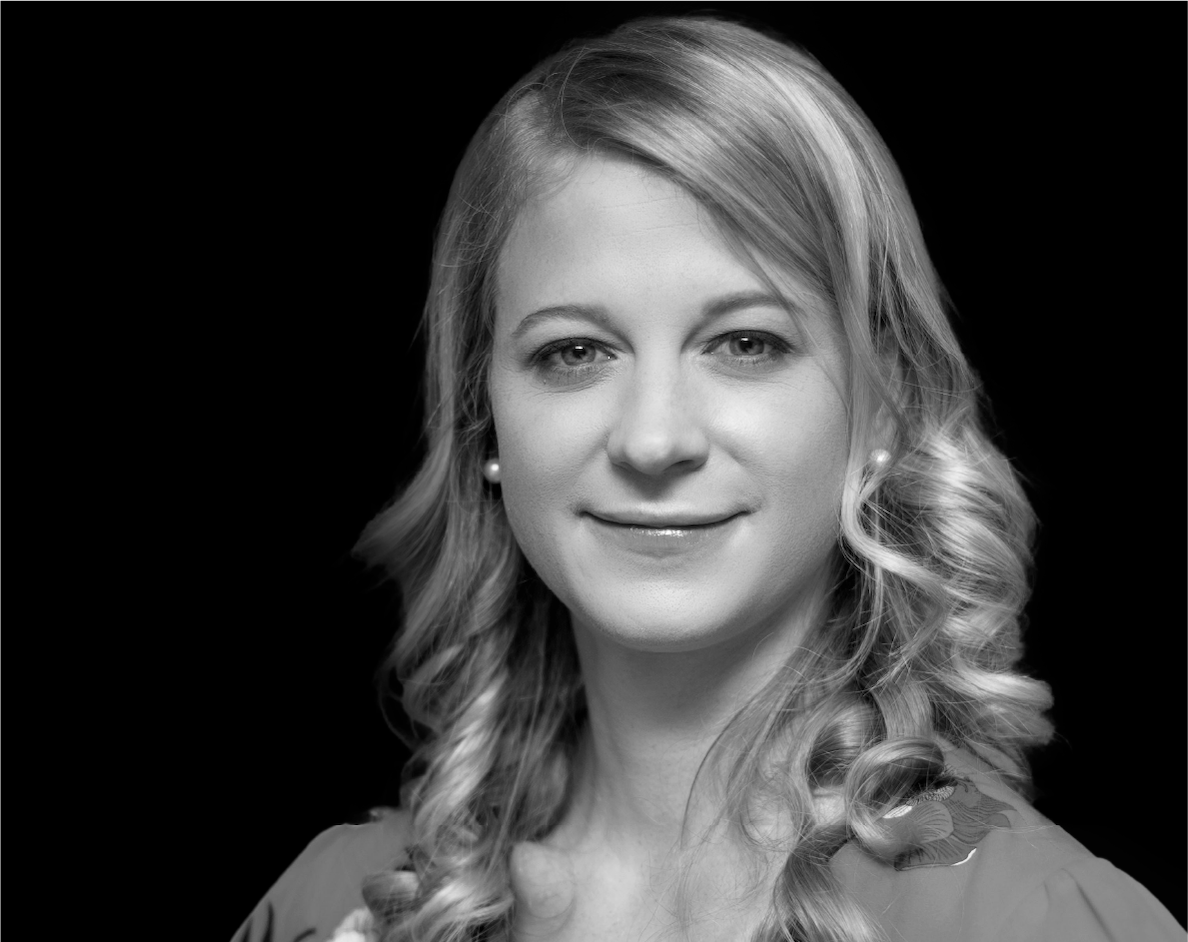
As a nation, we currently spend a relatively large proportion of our budget and GDP on education and yet we rank bottom of the world according to various competitiveness reports.
“Unfortunately, the children of South Africa are falling more and more behind and it's up to us as South African society to make sure we address this crisis, and quickly,” says Brewer.
Ramphele goes further, arguing that the crisis that we face in education in South Africa is a crisis of what it means to be human.
She explains: “I was trained as a medical doctor to go to the root cause, and the root cause of our crisis is the fact that the majority of the population – and that includes the children of today – have come through what we call multi-generational trauma. Their parents and their grandparents have been told, and have now internalised the idea, that they are less than they really are.”
This inferiority complex is a result of generations of deliberate policy, she says.
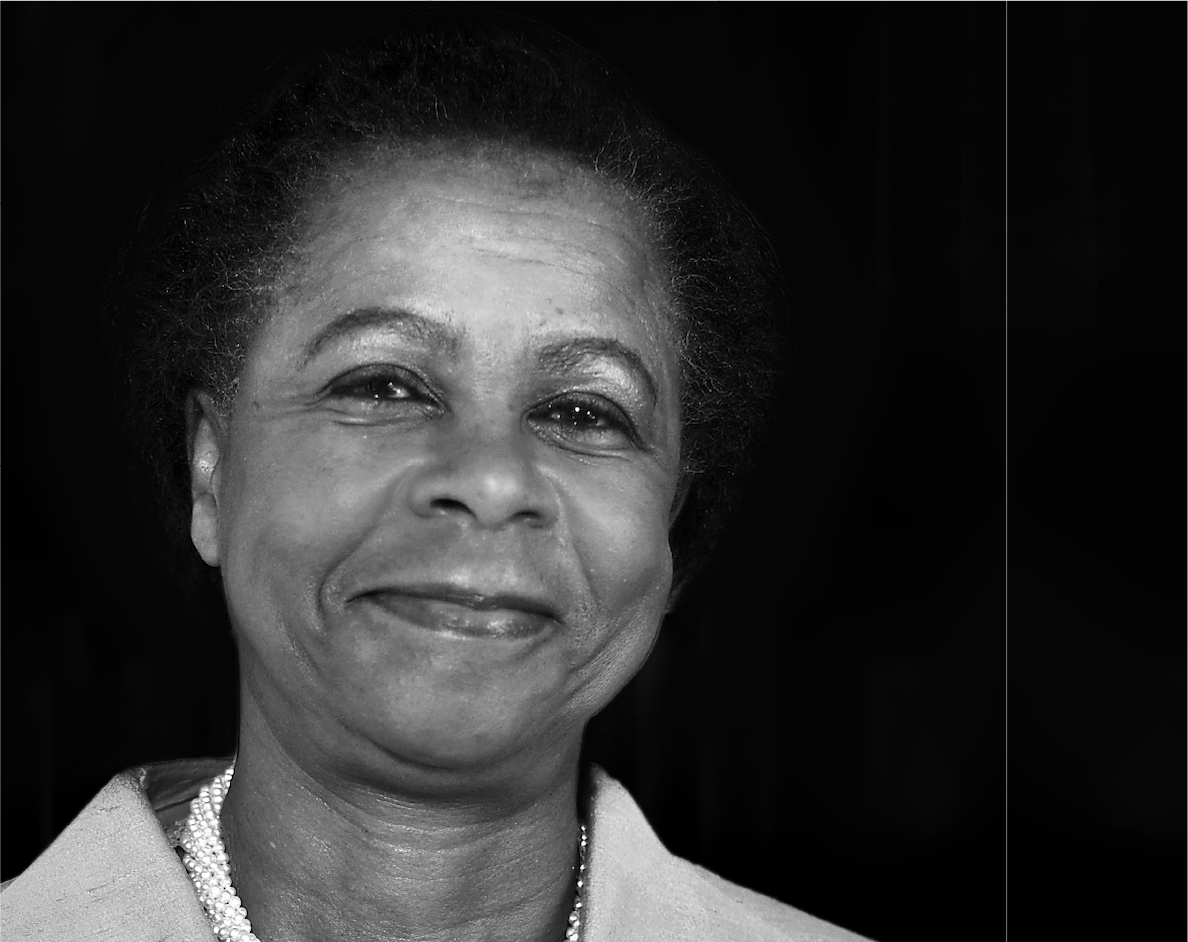
The crisis that we face in education in South Africa, is the crisis of what it means to be human.
“So if you want to address the crisis of education, you've got to heal the soul of South Africa from the inferiority complex that was deliberately engineered as part of the colonial project and later the apartheid programme to make sure that the majority population could not compete with the dominant, minority population. This affects the performance of teachers of pupils and the expectations of society of those black teachers and the pupils.”
“On the other hand, there is a crisis of a superiority complex among whites that says we are succeeding because we are superior. This was not addressed post-1994 and unless we address it we will not get to the bottom of this problem,” she says.
Brewer explains how SPARK Schools tackles the issue, with the philosophy that any child from any community can achieve. “We do not screen any children based on their academic ability. We are really trying to prove that any child from any community can achieve and we are absolutely doing that.”
She says learners are competing at an international level and are able to read independently in Grade R, ahead of what's expected in South Africa, at Grade 2. “The way the whole model has been designed is to differentiate our instruction based on each and every child’s needs, so no one is left behind. We work closely with families to empower them to get really involved in their child's education because we can see what a benefit it is for that child and their relationship and their academic ability,” she explains.
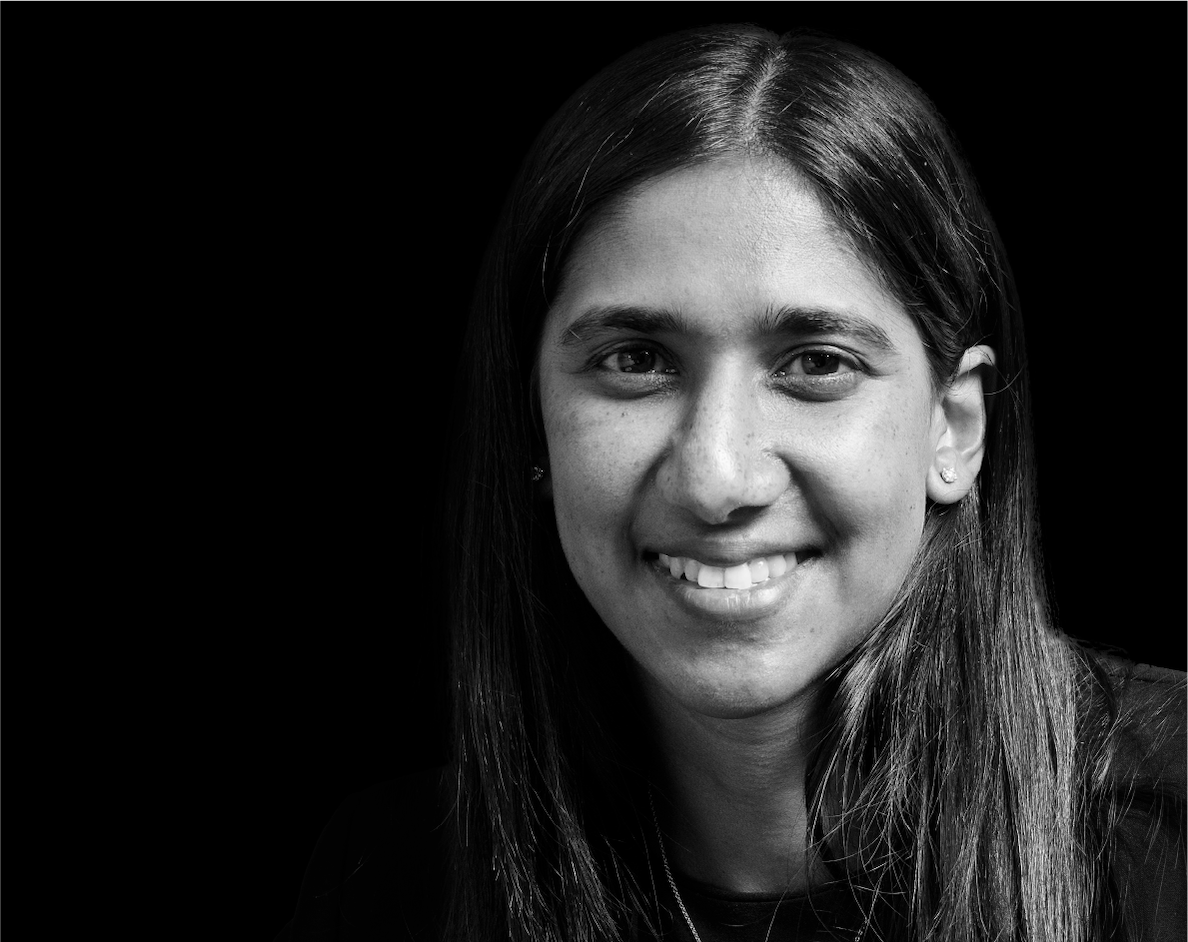
This is very much a case where the public sector, the private sector, the investment community and anybody who can and wants to make a difference, needs to come together and pool resources and help promote the education sector.
Buscaglia provides the perspective of the corporate world, the destination for many of the brightest young women graduates. “Even though they have a really good quality education we find I find that they actually don't have that level of confidence to believe that they are better than their male counterparts. There is still that level of insecurity and concern that perhaps they have to work that much harder or perform that much better in order to get ahead and be better than their male counterparts,” she says. “While things have improved over the last 32 years that I've been in banking, I still see that and I think that is potentially a flaw in our education system.”
Brewer says it’s easy to feel despondent when looking at the macro picture, but the picture on the ground is often more inspiring. “When I look at normal South African citizens and the hard work and commitment that they show every day, it gives me so much hope for this country,” she notes. “If SPARK is just a small example of what is possible with South African children with South African teachers I think there is huge amounts of hope for this country.”
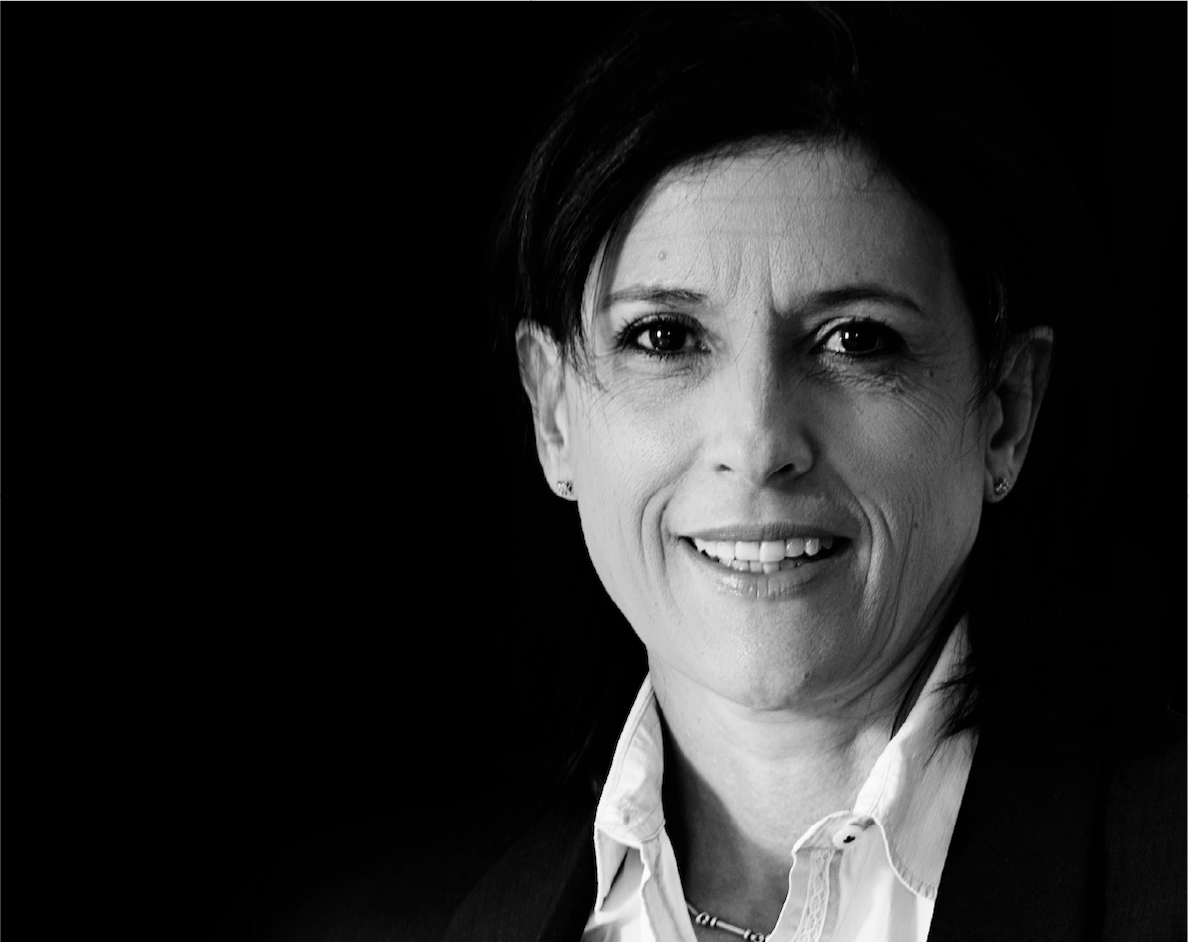
We cannot afford to stop fighting for what is better and for a better education system that is constantly evolving and preparing our children for the future.
Importantly, the education system needs to play its part in tackling gender inequality. Says Ramphele: “One thing we need to do is to teach young boys differently. If you are making women powerful and you are not dealing with the insecurities of young men in a patriarchal system you will continue to recycle violence. We must ensure that every young student emerges as a young adult, fully embracing the values of gender equality, human rights and being very clear that they are enough in themselves and they've got something to contribute.”
Buscaglia agrees. “Hopefully the education system will start addressing all the inequality we have because we need more women to join the workforce and become entrepreneurs – something we really need for a better South Africa.”

Editor
Patrick writes and edits content for Investec Wealth & Investment, and Corporate and Institutional Banking, including editing the Daily View, Monthly View, and One Magazine - an online publication for Investec's Wealth clients. Patrick was a financial journalist for many years for publications such as Financial Mail, Finweek, and Business Report. He holds a BA and a PDM (Bus.Admin.) both from Wits University.
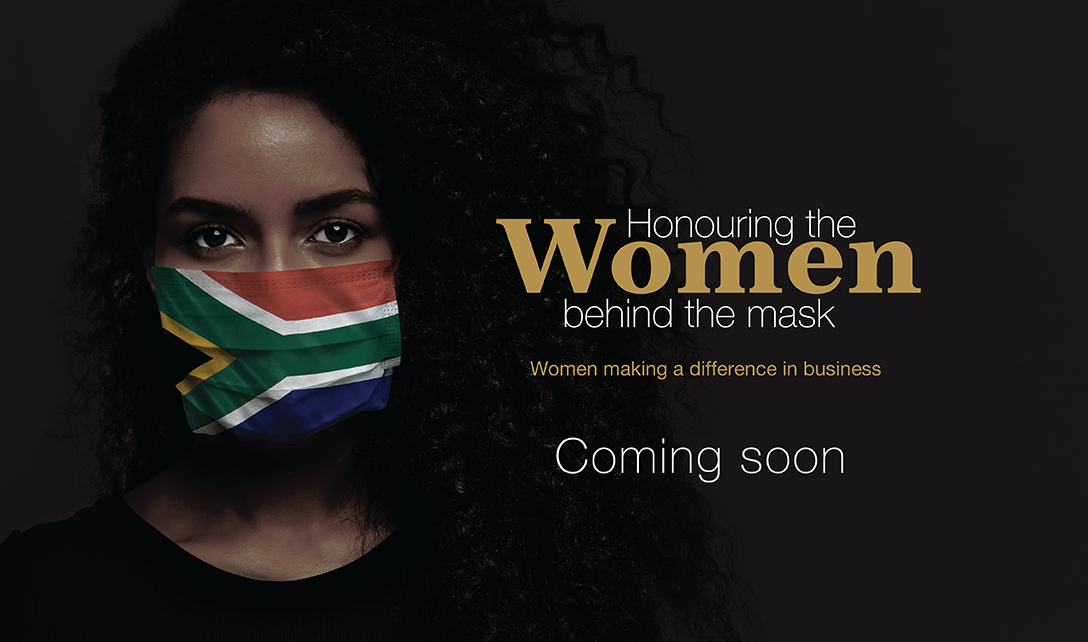
Find out more about the upcoming webcasts in our Women Behind the Mask series where we invite leaders from education, healthcare, banking and financial services and the public service to talk about their journeys and the impact of Covid-19 on their business.